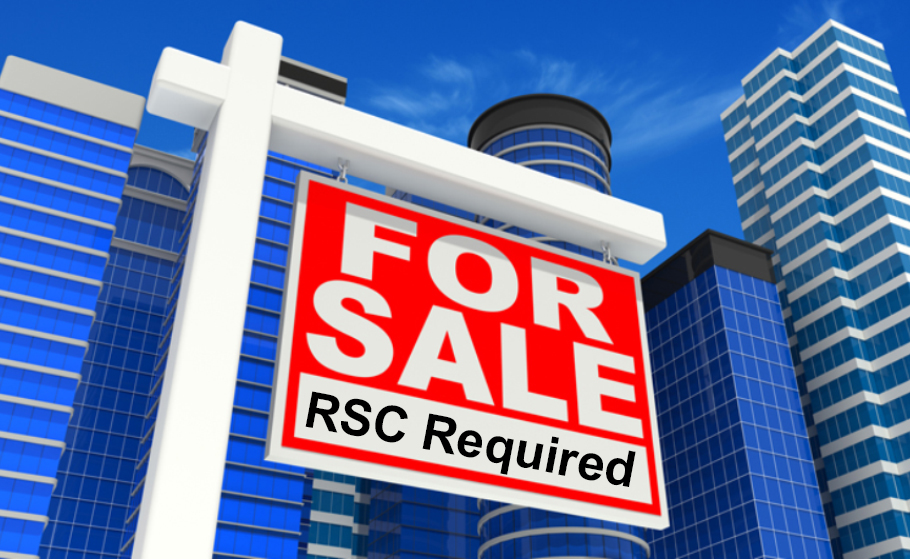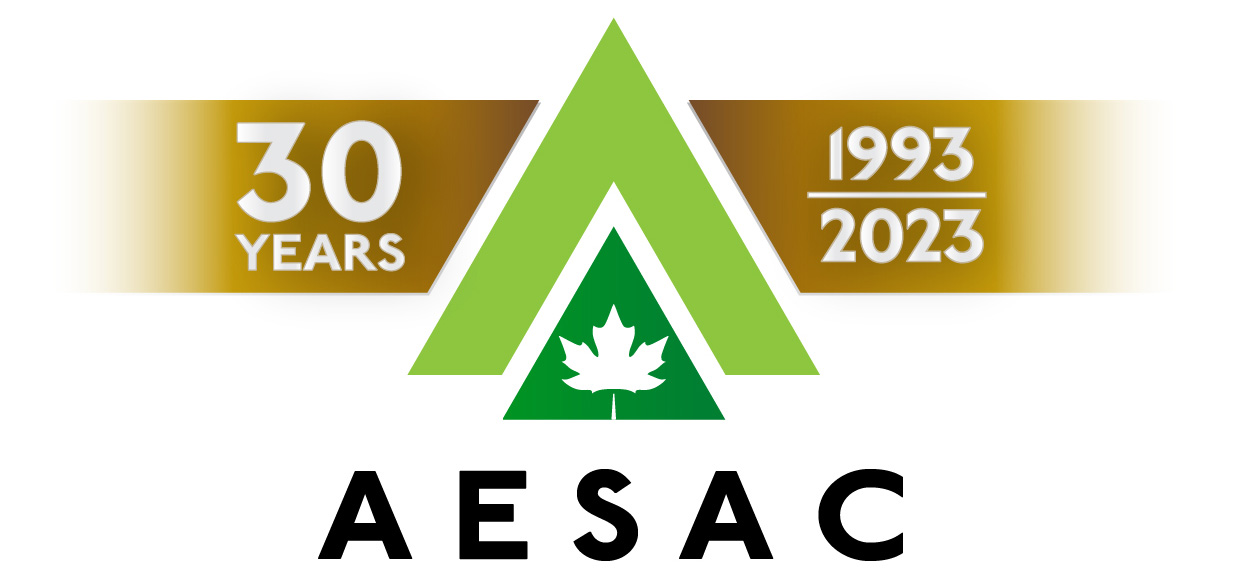- Home
- Training Courses
- Membership
- About Us
- Instructors Blog
- December 2023: All I Want For Christmas
- November 2023: ESA Report Reviews
- October 2023: Can AI Write an ESA Report?
- September 2023: Getting Paid... or Not
- August 2023: Take Me Back...
- July 2023: To Bid or Not To Bid
- June 2023: Selecting a Supplier
- April 2023: Phase 1 Problems, Part 3
- March 2023: Phase 1 Problems, Part 2
- February 2023: Phase 1 Problems, Part 1
- January 2023: Working Outside in Winter
- 2022 Blogs
- 2021 Blogs
- December 2021: Asbestos in your Home
- Sept 2021: Dirty Jars And Other Bad Things… Part 2
- August 2021: Dirty Jars And Other Bad Things… Part 1
- July 2021: How do you want that drawing to look? Part 2
- June 2021: How Did You Want That Drawing To Look? Part 1
- April 2021: So You Need a RSC... Part 2
- March 2021: So You Need a RSC... Part 1
- February 2021: What's In Your Toolbox? Part 2
- January 2021: What's In Your Toolbox? Part 1
- 2020 Blogs
- December 2020: A Day in the Life, Part 2
- November 2020: A Day in the Life, Part 1
- October 2020: Exploring Your Career Path
- September 2020: So You Want To Start Your Own Business - Part 2
- August 2020- So You Want to Start Your Own Business
- June 2020: Effective Communication
- May 2020: Tips For Working From Home
- April 2020: Conducting ESA’s During a Pandemic
- March 2020: It's Not Easy Being Green
- February 2020: Looking Ahead; Bold Predictions for the Next Decade
- January 2020: Looking Back; A Decade in Review
- 2019 Blogs
- 2018 Blogs
- 2017 Blogs
- 2016 Blogs
- 2015 Blogs
- Find an AESAC Member
Menu- Home
- Training Courses
- » Training Courses
- » Webinar Series
- » Calendar of Events
- » Course Registration
- » Course Instructors
- » Testimonials
- Membership
- » Become a Member
- » Certifications
- » Membership Search
- » Update Member Profile
- » Members Only
- » » Member Login
- » » Membership Renewal
- » » Create/Change Password
- » » CESA Certification Application
- About Us
- » About AESAC
- » Course Instructors
- » Contact Us
- Instructors Blog
- » December 2023: All I Want For Christmas
- » November 2023: ESA Report Reviews
- » October 2023: Can AI Write an ESA Report?
- » September 2023: Getting Paid... or Not
- » August 2023: Take Me Back...
- » July 2023: To Bid or Not To Bid
- » June 2023: Selecting a Supplier
- » April 2023: Phase 1 Problems, Part 3
- » March 2023: Phase 1 Problems, Part 2
- » February 2023: Phase 1 Problems, Part 1
- » January 2023: Working Outside in Winter
- » 2022 Blogs
- » » December 2022: Advice To My Younger Self
- » » October 2022: Pre-Purchase Due Diligence
- » » Sept 2022: Words Matter
- » » July 2022: Let Us Come To You
- » » April 2022: Due Diligence
- » » March 2022: Time Management
- » » February 2022: Spinning Augers... Part 2
- » » January 2022: Spinning Augers... Part 1
- » 2021 Blogs
- » » December 2021: Asbestos in your Home
- » » Sept 2021: Dirty Jars And Other Bad Things… Part 2
- » » August 2021: Dirty Jars And Other Bad Things… Part 1
- » » July 2021: How do you want that drawing to look? Part 2
- » » June 2021: How Did You Want That Drawing To Look? Part 1
- » » April 2021: So You Need a RSC... Part 2
- » » March 2021: So You Need a RSC... Part 1
- » » February 2021: What's In Your Toolbox? Part 2
- » » January 2021: What's In Your Toolbox? Part 1
- » 2020 Blogs
- » » December 2020: A Day in the Life, Part 2
- » » November 2020: A Day in the Life, Part 1
- » » October 2020: Exploring Your Career Path
- » » September 2020: So You Want To Start Your Own Business - Part 2
- » » August 2020- So You Want to Start Your Own Business
- » » June 2020: Effective Communication
- » » May 2020: Tips For Working From Home
- » » April 2020: Conducting ESA’s During a Pandemic
- » » March 2020: It's Not Easy Being Green
- » » February 2020: Looking Ahead; Bold Predictions for the Next Decade
- » » January 2020: Looking Back; A Decade in Review
- » 2019 Blogs
- » » November 2019
- » » September 2019
- » » August 2019
- » » July 2019
- » » May 2019
- » » March 2019
- » » February 2019
- » » January 2019
- » 2018 Blogs
- » » November 2018
- » » October 2018
- » » September 2018
- » » August 2018
- » » July 2018
- » » June 2018
- » » May 2018
- » » March 2018
- » » February 2018
- » » January 2018
- » 2017 Blogs
- » » April 2017
- » » June 2017
- » » August 2017
- » » September 2017
- » » December 2017
- » 2016 Blogs
- » » October 2016
- » » September 2016
- » » August 2016
- » » July 2016
- » » June 2016
- » » March 2016
- » » January 2016
- » » December 2016
- » » November 2016
- » 2015 Blogs
- » » April 2015
- » » July 2015
- » » September 2015
- » » October 2015
- » » December 2015
- Find an AESAC Member
In Ontario a Record of Site Condition (RSC) is legally required when a property is to be changed to a more sensitive land use (e.g. from Industrial or Commercial to Residential). The legislation was formally adopted in 2011, but I still take a lot of calls from prospective clients who are caught by surprise when faced with the prospect of obtaining an RSC, and are even more shocked when they find out the potential costs. For true Brownfield developers and experienced environmental consultants this is nothing new, and the costs and efforts to obtain the RSC are just part of the process when redeveloping an old industrial site to a new residential or mixed-use development. This blog is directed to the those unfamiliar with the RSC process, especially eager new purchasers who don’t want to pass up a great deal on a commercial-type property on which to build their dream home; and also to consultants who are new to the RSC regime.
Do your Homework
As noted, an RSC is mandatory for a change to a more sensitive land use. However, some municipalities could also request the RSC as part of Site Plan Approval, change in zoning, building permit, or land transfer (e.g. for a road widening or parkland dedication). It is very important to confirm for yourself with the appropriate municipal or regulatory agencies (in writing, if possible) whether the RSC will be required to meet your objectives for the property.
In some cases (other than land use change), you may be able to negotiate with the municipality to waive the RSC requirements, or substitute something more cost effective like a CSA-compliant Environmental Site Assessment (ESA). If you are purchasing a property to build or redevelop, this is an important issue that the vendor, realtor, lender or other stakeholders may not tell you, or even be aware of.Talk to an Expert
If you do in fact require the RSC, talk to a qualified environmental consultant before you finalize an offer or close the deal. If you have already purchased, or already own the property that requires the RSC, it is still important to consult with an experienced professional throughout the process. In order to file the RSC for regulatory acknowledgement, the owner will need to retain a licensed and insured Professional Geoscientist or Professional Engineer who is registered as a Qualified Person (QP) with the Ontario Ministry of the Environment, Conservation and Parks (MECP). As this can sometimes devolve into a long and expensive project it is very important that you find a qualified QP, who is experienced in preparing RSC; and one who takes the time to answer your questions.I suggest talking to several consultants, to find someone you can trust to look after your interests, and move your project forward in a timely and cost-effective manner. Check with friends, family and colleagues who may know a suitable candidate, and check the qualifications, references and insurance of a prospective consultant before entering into a contract.
The level of work and associated costs required to successfully obtain the RSC can vary greatly with site specific conditions (more on that in next month’s blog). The costs and quality of service can also range widely from consultant to consultant. Given the magnitude of potential costs and the delays and aggravation resulting from an improperly prepared RSC; it’s important to shop around, compare prices and scope of work; and look for the best value, not just the lowest base price.
Bill Leedham, P. Geo., CESA
Bill is the Head Instructor and Course Developer for the Associated Environmental Site Assessors of Canada (www.aesac.ca); and the founder and President of Down 2 Earth Environmental Services Inc. You can contact Bill at info@down2earthenvironmental.ca
Training Courses
Membership
About Us
Contact UsCopyright (c) 2024 Associated Environmental Site Assessors of Canada; AESAC Inc.



